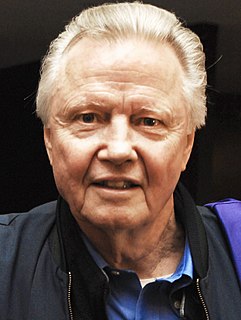A Quote by Chrystia Freeland
I think Obama and the economists around him have a very sophisticated understanding of both globalization and the technology revolution and the impact they're having on the world economy and they way they're creating these winner-take-all spirals.
Related Quotes
I think Britain's economy has done extremely well from having the influx of talented people from around the world and from having an influx of people from the rest of the European Union. It's both evidence of how strong the British economy was - that's what drew people in - but it's also part of what's making the British economy work.
Especially now, the immigrant problem is very dramatic around the world. Because we don't know what to do with them. They're in economic crisis, and there are more and more. There will be more and more. We speak about globalization of economy, but it's also globalization for immigration. Millions of people, they're willing to have a better life. A better life, they cannot have it where they live, so they move.
The solution for rising up kids in the income distributionlies is in creating better childhood environments for kids growing up, especially in low income families. And so what means such things like schools, the quality of neighborhoods. If you think about what's gone on in Baltimore, it's a place of tremendous concentrated poverty. People aren't really seeing a path forward and I think revitalizing places like that can have a huge impact, even in the face of globalization and changes in technology.
The impact of QE on generating more lending by Wall Street to Main Street and in generating more employment and increasing overall investment in the economy is quite modest. QE probably limited the initial collapse of the economy in 2008, and likely had a very small positive impact on economic growth, but its broader impact on jobs and growth in the economy seems not very big.
I think that the movement against the World Bank, against the globalization process that is happening, is very positive. We need a globalization, a globalization of people who are committed to social justice, to economic justice. We need a globalization of people who are committed to saving this earth, to making sure that the water is drinkable, that the air is breathable.
In Globalization 1.0, which began around 1492, the world went from size large to size medium. In Globalization 2.0, the era that introduced us to multinational companies, it went from size medium to size small. And then around 2000 came Globalization 3.0, in which the world went from being small to tiny.



































